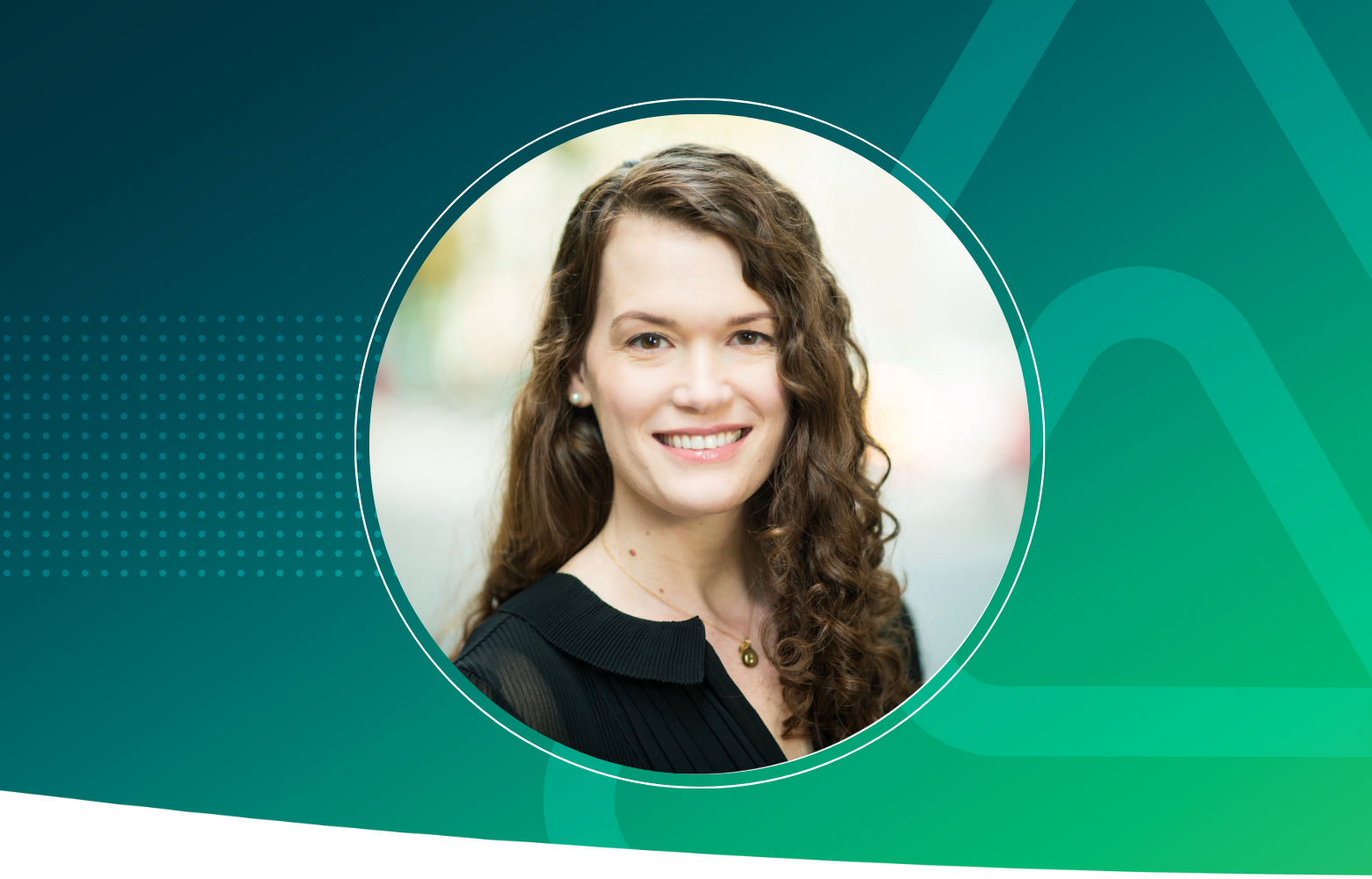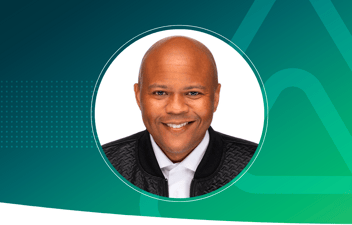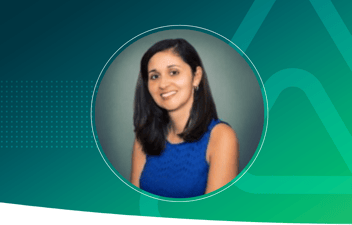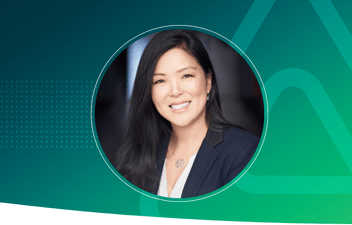Abby Coleman's career started with food.
Fresh out of college, she started a catering company focused on farm-fresh ingredients. Since then, she has meandered in and out of the food-adjacent companies, from Kraft to Amazon to Territory Foods.
Today, she's the Co-Founder of AMASS, a launchpad for Black Investors. She's also on the Board of Directors for the College Diabetes Network—an opportunity she discovered through AboveBoard.
Ahead, we chat with Abby about her background as an entrepreneur and CEO and what has kept her motivated throughout her impressive career. Read the full Q&A below:
To start, can you share a little bit about your professional background and experience?
I always had an interest in food. Coming out of college, I started a catering company focused on farm-fresh ingredients. I was inspired by New York restaurants I worked in, like Union Square Cafe, and the way that chefs took their inspiration directly from farmers markets to make the specials of the day, and I brought that concept to catering. Eventually I sold that business, went to business school, and transitioned into CPG.
During my time in CPG I got to work all around the world. I started with Kraft Foods in the US, focused on US brands. As I progressed in my career, I took bigger roles, but also made sure my geographic scope increased, too. I spent two years in China, and two years in a global role working across Asia, Europe and the Americas. Then, I went over to Amazon and got to run e-commerce and marketing for a subsidiary called Quidsi. I really loved that experience and the opportunity to see inside the Amazon machine and get a lot of best practices in e-commerce.
Then I wanted to take these experiences I’d gained at Blue Chip companies and use them to build companies. So, from Amazon I went into the startup world and I did two food ventures. The first was as CEO of a PE-backed type 2 diabetes behavior change and meal plan program and the second was as CEO of Territory Foods, a VC-backed fresh meal delivery platform.
When the pandemic hit, I did what a lot of America did and moved. I wanted to align my lifestyle and values and that meant being near my extended family in Austin, Texas.
So, what is your current focus while down in Austin, Texas?
I actually met my current co-founder the first week that I was in Austin. He’s a successful Black investor who wanted to replicate his success to narrow the wealth gap, and I’m a problem solver who studies behavior change and systems.
"My energy now comes from applying my skills and experiences to make positive changes in the world."
Together we are building Amass, a Black wealth launchpad, which brings together all of the pieces that are key to building and sustaining generational wealth. It’s a knowledge platform with access to investment deals and a wealth network of some of the most successful Black investors. I’m inspired every day.
What are the commonalities that keep you motivated and engaged in your work?
Right now I’m really motivated on two different tracks. I’ve done a lot of “selling” of things and I've done that well, but I just don’t feel the passion or burn to sell things right now. My energy now comes from applying my skills and experiences to make positive changes in the world. Creation that is good. I’ve also been feeling a lot of energy toward advising other women leaders and female CEOs.
You are a successful female executive so I’m curious about your thoughts on the recent emphasis on diverse leadership in Corporate America. Do you feel the paradigm is actually changing for underrepresented demographics in executive leadership roles?
Yes, it has shifted. But we have a long road ahead and we cannot lose focus. Change has to happen at every stage, and right now there’s a lot of focus on hiring, which is great, but how different is it once you actually get into the room? The power is still currently held by the same powerful people. And when you get in the room with them, they still have this same limiting way of operating. The VC world operates on this concept of “pattern recognition” which can have a negative side effect of promoting the same people over and over again. We need to overwrite the old patterns by actively seeking diverse success stories and hyper-promoting them, making them loud. I think AboveBoard is a key player in that effort.
How did you find out about AboveBoard?
I first received an email from your founder, Lucinda, to join. I checked you all out and even though I wasn’t in a moment where I was looking for opportunities, I thought it was really cool. The concept of “pulling back the curtain” and getting to see all of the opportunities is very special. For the first time, who you know doesn’t determine your access to jobs.
How do you feel that AboveBoard differed from what you experienced in the past looking for full-time opportunities or board roles?
Working at Amazon and Kraft, I landed on a lot of recruiters lists. But the outreach wasn’t ever when I wanted it or had time. And often the opportunities were not tailored to my interests.
"The concept of 'pulling back the curtain' and getting to see all of the opportunities is very special."
With AboveBoard, I have control and can look for opportunities on my own terms. Sometimes it’s for my pure curiosity to learn about companies I’m interested in without wasting recruiters' time. It feels like I can use AboveBoard however I need to for whatever stage I am at.
How did you discover the opportunity for your new board position with The College Diabetes Network?
AboveBoard sent an email identifying this board opportunity as a good fit for me, and when I took a look, it was a great match. I was interested in board opportunities with organizations that empower individuals. The College Diabetes Network was looking for digital expertise on the board, so I was a strong match for them. I went through the interview process and joined that board a few months ago. It’s been great so far.









